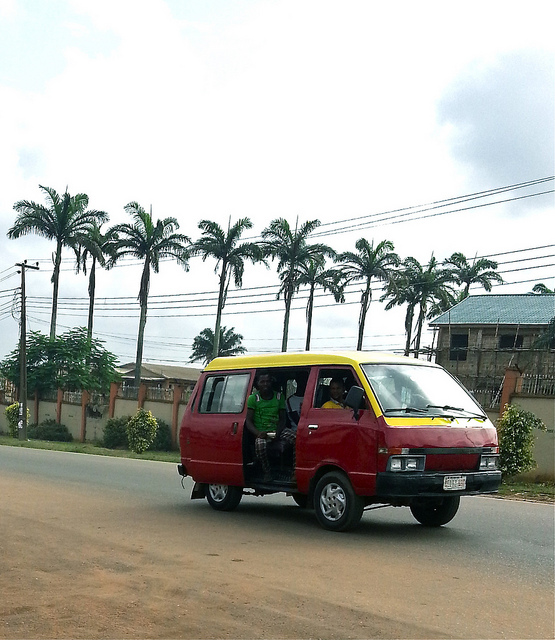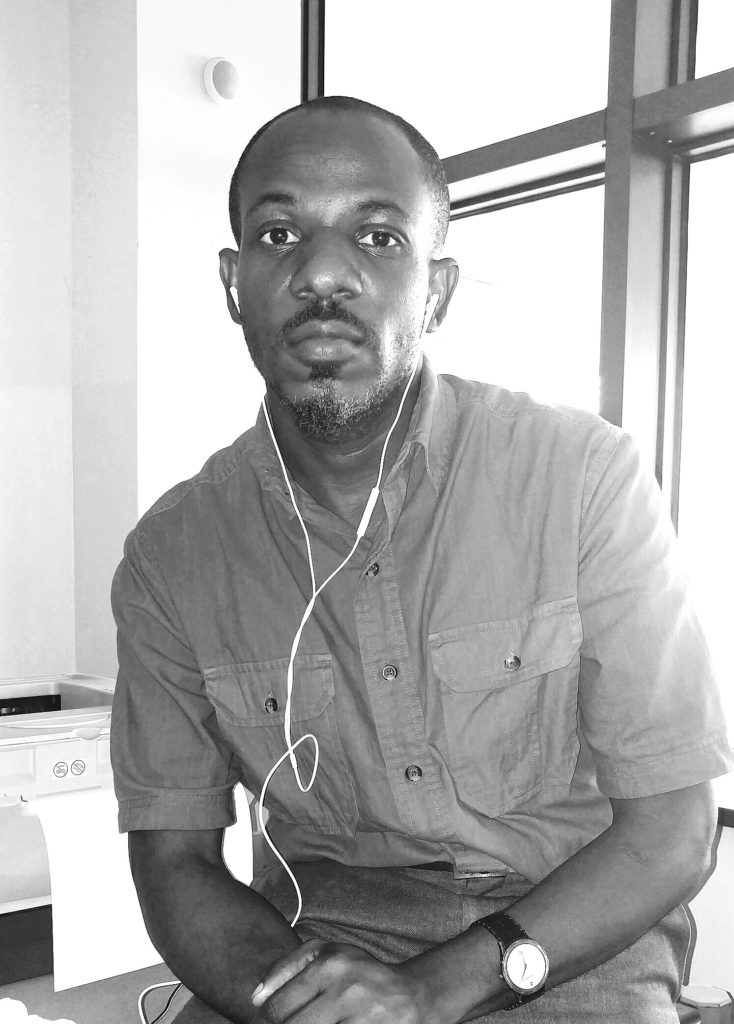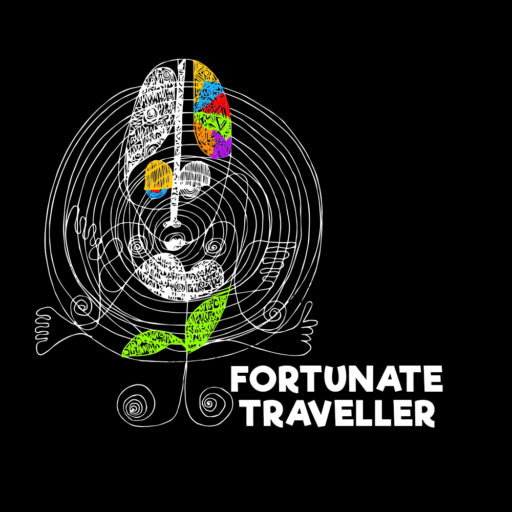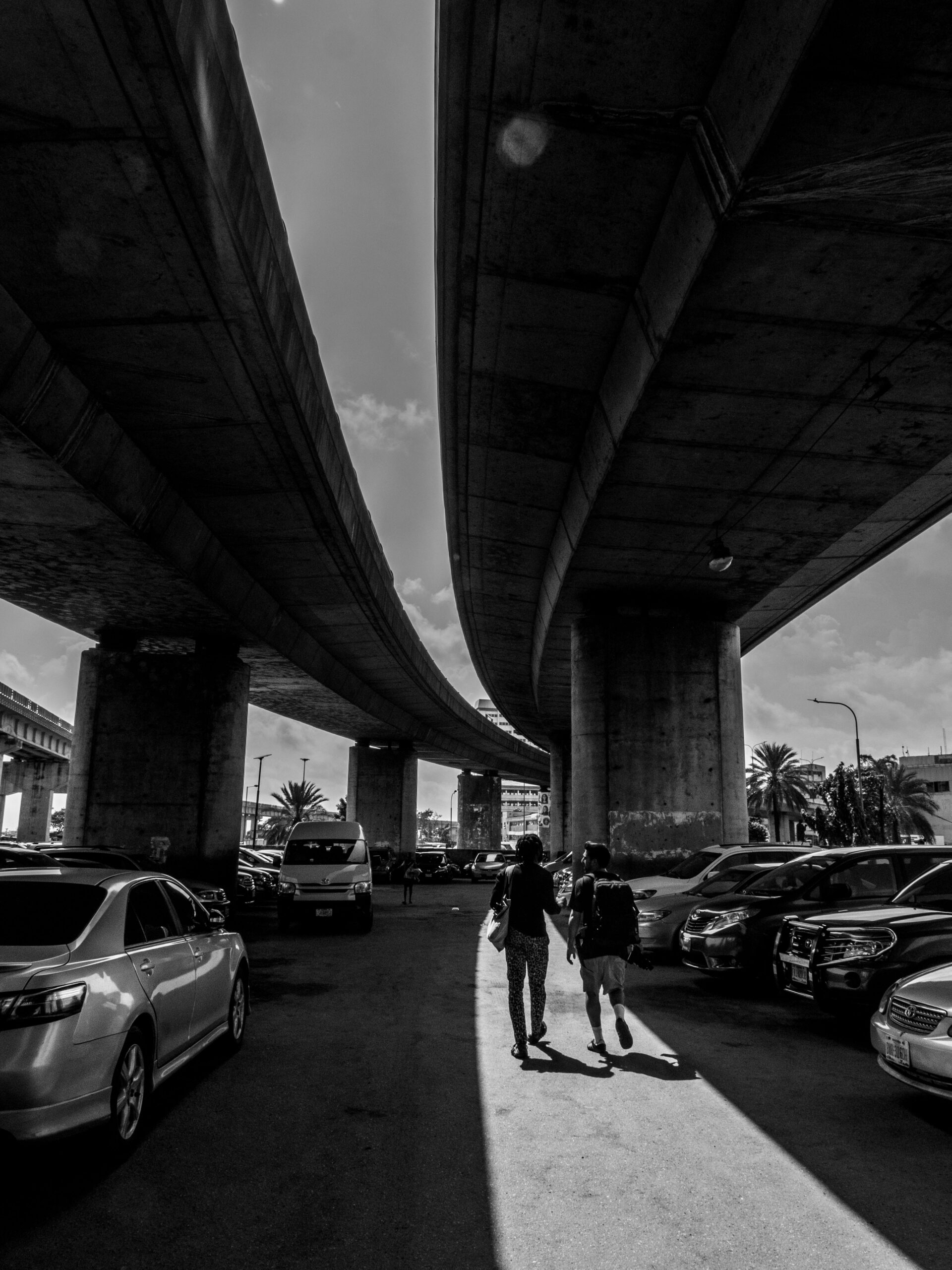When you are riding in a public transport in Benin city and you want to alight, you don’t say ‘Owa o’, ‘E Dey’ or ‘Abeg I Wan Drop’ like you’d have said if you were in Lagos – no, not any of those clichés. In Benin city, you just say ‘Stop!’
The first time I heard someone bellowed ‘Stop’ from a back seat I was shocked until it dawned on me it’s the Benin people’s way of expression. I’d thought it rude, annoying even. How could you just tell a driver to stop? And because transporters, too, pull over at any point on the road for passengers to alight as though there were no bus stops, ‘Stop’ always sounded abrupt and commanding.
There seemed no mild way to say the word – not even when it was a lad who said it. But I’d find myself saying it afterward, first, with a shaky voice, and then with a stamping confidence so as not to be taken off to nowhere in the ancient city.
‘Stop!’
The drivers themselves didn’t understand any other language that would translate applying the breaks or pulling over. You said ‘Please, I’d like to drop at the next junction.’ They said ‘What?’ ‘Wetin you talk?’ maintaining a foot on the gas pedal. Then you remembered and said ‘Stop!’ and they immediately found a spot and parked. You came down and it felt a little awkward: did you just exhibited a character you never knew was in you? You felt egoistical.
And, now, in your subsequent rides – after registering the word in your mind – you observed the city with keen interest and discovered the word can be an allegory of your surroundings, a sort of metaphor to what can be seen around. There were quite a number of buildings and infrastructures that seemed to be on a halt, on a sudden and permanent stop: a big drainage construction in Uselu market stopped in the middle of nowhere, its dark water took a long thin dive into an eroded ditch like a fountain into a pond; part of a wide tarred road at Ring Road was totally condemned and used as a parking lot by commercial buses; a prominent-looking storey building at Ugbowo was like making a beautiful house on a paper and then having the paper cut into two equal halves. The house stood there looking oddly uncompleted albeit having everything in place.
Seeing all this and more, you reflected on how Benin City used to be one of the first proofs of human civilization many centuries ago. How its earthworks dated earlier than the Great Wall of China, how the materials used in building its walls were hundred times the ones used in building the Great Pyramids of Cheops and how it was once named ‘Great City of Benin’ by the Portuguese intruders in 1485, when there were hardly any other places in Africa the Europeans admitted was a city.
The chaotic scenes in the city were reflections of a place ripped off its myth and left empty, hollow, drained like ashes in the face of the wind.
***
Unlike the flying Danfos on Lagos highways, Volkswagen Vanagon 1987 model, the Nissan Vennettas commonly used for public transport in Benin were tired and worn vehicles on equally tired and worn roads, with parts constantly begging to go their different ways. Journeys in them, by and large, were long, boring, loud and smoky. Although you could afford to stop your breath for a while in a Lagos traffic when gas smoke swell in the air in an embrace of you. But trying this in Benin may be suicidal. So, for the eulogy not to read: ‘He Stopped His Own Breath to His Own Death’, you breathed.
You might be lucky though, to ride in a bus that played a collection of music for a delightful trip – more often than not they played music; music for the busman and, perhaps, for the passengers too. No one could tell if the conductor enjoyed the music as well; his head was always stuck out the window, into a torrent of wind, eagle-eyeing potential passengers and roaring various destinations. If they don’t play the contemporary Nigerian pop tracks, then they played Edo local sounds, which were equally relaxing and entertaining.
My trip from Ozigbor to Ring Road was very pleasant one because of the young bonhomie on the wheel. The bus, which was as rickety as the others, had wires dangling everywhere on its dashboard that you pondered how the stereo was put in place to earn the busman the piece of music playing to his pleasure.
The driver played from a Disc Jockey mixed CD, but he wouldn’t let the music play. He kept Adekunle Gold’s ‘My Life’ on playback, nudging the replay button each time the track came to an end. He mimed it, connecting almost spiritually as he rode us along.
His seat wasn’t in place. It had been slightly disjointed from wear. His slant sitting posture now gave the picture of an over-excited hipster in a convertible Rolls Royce. Anyone watching would enjoy the driver relished the song even more than the beautiful rhythm of the track. The song, whose lyrics translated: ‘My newly found wealth isn’t my fault… Please leave me all alone… I am higher than the world’, made you want to ask what wealth is he talking about.
Obviously, our driver had no wealth, not one that could be noticed, he was only wishing – like every Nigerian does – for over-a-night riches, the in-thing in our modern society. That which would simply prompt the response ‘Na Baba God!’ when asked how you made it. It is the modern miracle, the sinew of our faith. Not anymore do we raise the dead or heal the sick or open the eyes of the blind or even help the poor – no; not any repetition of those orthodoxal stunts.
It was my last ride in the city. The next ride took me straight back to Lagos.
 Dare Dan is a Nigerian freelance writer and a spoken word poet. He writes for Lagos Film Reviews. His nonfiction writings have also appeared on Naij.com, olisa.tv, Africa in Words and Music in Africa. While his works of fiction have appeared on Brittle Paper and Dwartonline. He lives and writes in Nigeria. His Twitter handle is @damilaredan121.
Dare Dan is a Nigerian freelance writer and a spoken word poet. He writes for Lagos Film Reviews. His nonfiction writings have also appeared on Naij.com, olisa.tv, Africa in Words and Music in Africa. While his works of fiction have appeared on Brittle Paper and Dwartonline. He lives and writes in Nigeria. His Twitter handle is @damilaredan121.
Cover photo credit: Evelyn Onobrauche




A very nostalgic story.
Beautiful.
An interesting read